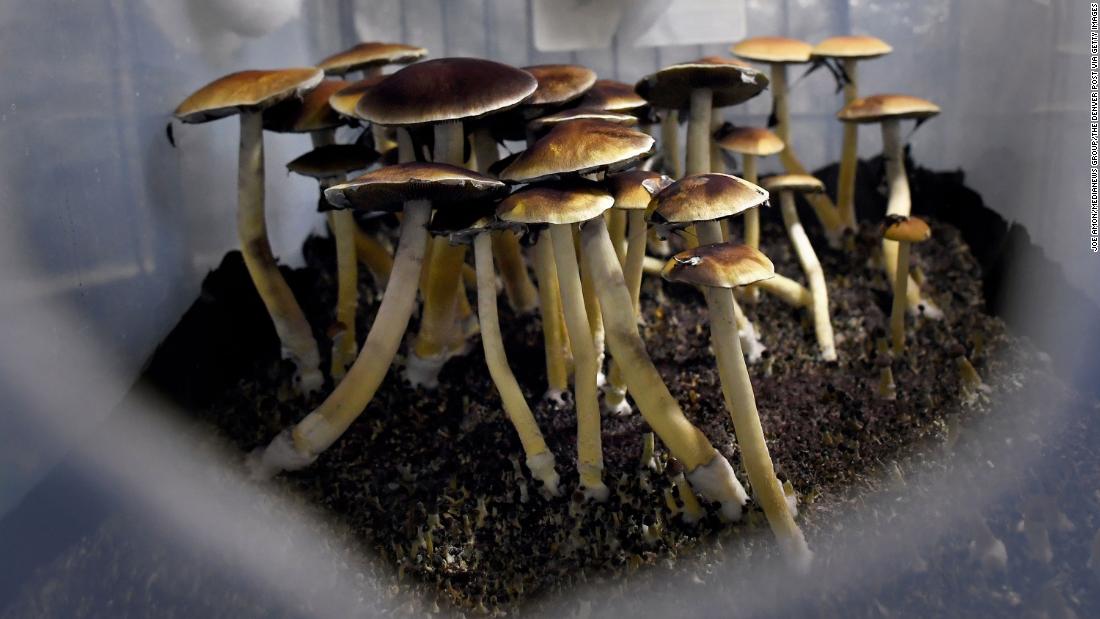Psilocybin Shows Significant Potential in Mental Health Treatment, Study Reveals
LOS ANGELES- A groundbreaking study, recently published, has shed light on the profound implications of psilocybin use, especially in the realm of mental health. Demonstrating consistent reductions in depression, anxiety, and alcohol misuse, the research also highlighted marked improvements in emotional stability, spiritual fulfillment, and sociability.
This collaborative research, executed by scientists from Johns Hopkins University, Ohio State University, and Unlimited Sciences, stands as the most expansive study into the naturalistic use of psilocybin. The results offer compelling evidence of psilocybin’s potential to facilitate long-term improvements in mental health and overall well-being.
Featured in the journal Frontiers in Psychiatry, the study enlisted 2,833 adults, monitoring them through surveys before and after non-clinically supervised psilocybin use. The consequent data revealed not just reductions in anxiety, depression, and alcohol misuse, but also substantial growth in cognitive adaptability, emotional management, spiritual wellness, and sociability. Additionally, there was a decrease in traits such as neuroticism and emotional burnout.
The majority of participants (81%) cited “self-exploration” as their main incentive for using psilocybin, trailed by reasons like mental health (71%), therapeutic exploration (48%), and creativity enhancement (44%). Importantly, 74% of participants entered their psilocybin experience with a predefined intention.
A noteworthy 22% of respondents experienced what’s labeled as a “complete mystical experience”, which appeared to be a significant indicator of numerous positive long-term shifts, including diminished depression, anxiety, job burnout, and increased cognitive agility and spiritual wellness.
The study further emphasized psilocybin’s potential in mitigating depressive symptoms. Initially, 42% of participants met depression criteria; this figure dwindled to 15% by the concluding survey. Similarly, those at risk for alcohol misuse and dependence saw their numbers decline post-psilocybin use. Anxiety metrics followed suit, halving from 29% to 15%.
Moreover, participants exhibited heightened extraversion and diminished neuroticism post-psilocybin consumption. Tangible behavioral modifications were also observed: better interpersonal dynamics, amplified physical activity, superior work efficacy, and healthier dietary habits. A staggering 94% considered their psilocybin encounter beneficial.
In summary, this research offers an unprecedented longitudinal view on the naturalistic application of psilocybin. The results accentuate psilocybin’s safety profile, deeming it relatively non-toxic compared to other popular substances, reaffirming its promise in therapeutic settings.


































